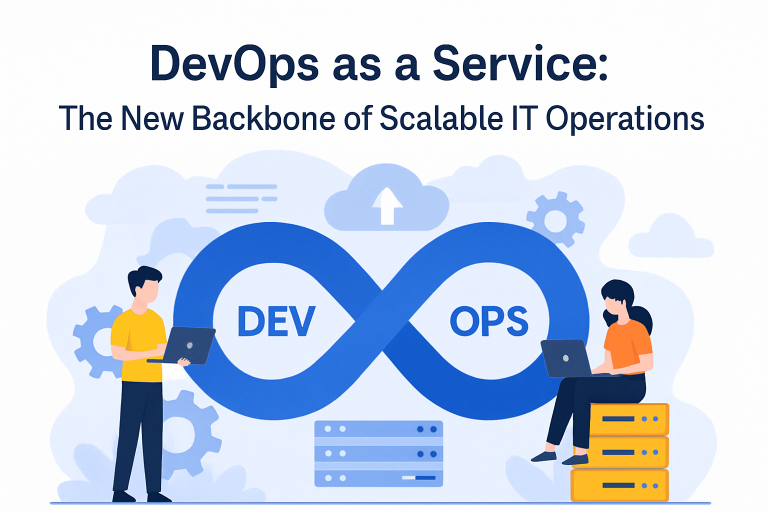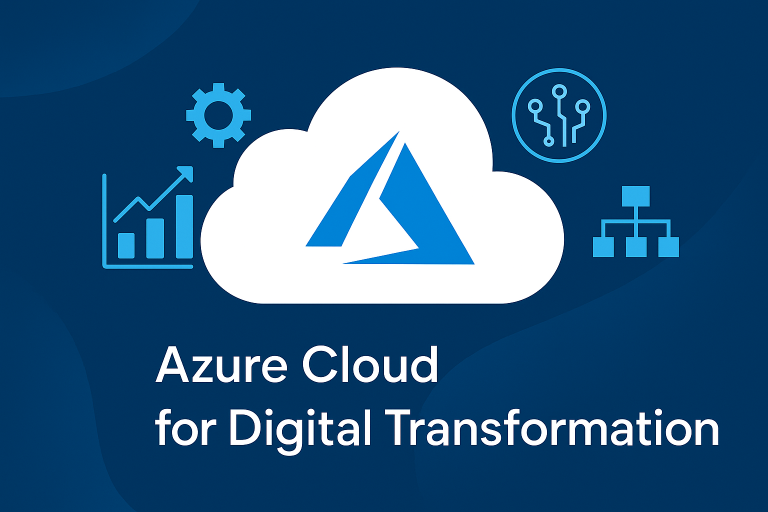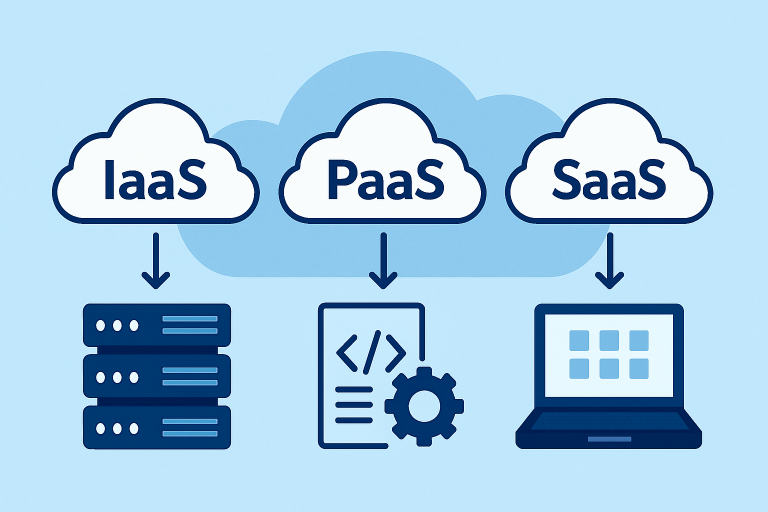
Cloud computing can benefit small businesses in 2023 by offering a plethora of services and resources over the Internet. With the increasing availability of broadband internet connectivity and the widespread use of mobile devices, cloud computing has become accessible to small companies worldwide. Cloud computing enables the provision of processing services over the Internet, including web-based applications, data storage, processing capabilities, and other services. This technology allows small businesses to access these resources on demand. Examples of cloud computing services include infrastructure as a service (IaaS), software as a service (SaaS), cloud storage, cloud hosting, and so on. By adopting cloud computing, small companies can enjoy several cloud computing benefits, such as easily accessible data, automated synchronization, remote work support, and simplified backups.
How Cloud Computing Can Benefit Your Business
Enhanced Scalability and Flexibility:
An important advantage of cloud computing is its capability to adjust resource scaling to align with your specific business needs. Cloud services enable you to rapidly scale up or down your computing resources, whether you are experiencing rapid expansion or a brief rise in demand. This adaptability implies that your company can handle swings in workload without requiring significant infrastructure upgrades.
Cost Efficiency:
The operational costs associated with traditional IT infrastructure can be significantly reduced with cloud computing. Transitioning from a capital expenditure (CapEx) model to an operational expenditure (OpEx) model presents businesses with the opportunity to eliminate the requirement for costly hardware, software licenses, and maintenance. By adopting cloud services, you only pay for the resources you consume, enabling you to optimize your IT budget and allocate resources efficiently.
Improved Data Accessibility and Collaboration:
As long as you have an internet connection, you may access your data and applications from anywhere at any time. This accessibility encourages effective collaboration among teams, regardless of their geographic location. Cloud-based file sharing and collaboration technologies provide real-time collaboration, allowing staff to work on several projects simultaneously, increasing productivity and streamlining workflows.
Enhanced Security and Data Protection:
Cloud service companies prioritize data protection and make significant investments in sophisticated security measures. Using their expertise, businesses can benefit from enterprise-grade security standards and innovative encryption technologies. Backup and disaster recovery solutions are frequently provided by cloud providers, ensuring that your data is safe and recoverable in the event of an unexpected occurrence. When compared to maintaining your data on-premises, cloud computing provides a superior level of security and peace of mind.
Increased Business Agility:
Cloud computing empowers businesses to be more agile and responsive to market changes. With the capability to quickly provision resources and deploy applications, you can rapidly adapt to new opportunities and customer demands. Cloud services enable faster time-to-market for new products and services. So you can stay ahead of your competitors and seize business opportunities as they arise.
Simplified IT Management:
Managing on-premises infrastructure can be complex and resource-intensive. Cloud computing simplifies IT management by offloading tasks such as hardware maintenance, software updates, and security patches to the cloud service provider. This allows your IT team to focus on strategic initiatives and innovation rather than routine maintenance tasks. Additionally, cloud services often include monitoring and analytics tools, providing valuable insights into your system’s performance and resource utilization.
Business Continuity and Disaster Recovery:
In the face of unforeseen events, such as natural disasters or system failures, cloud computing offers reliable backup and disaster recovery solutions. By storing your data in the cloud, you can ensure that critical business information remains protected and accessible even during challenging times. Cloud-based disaster recovery solutions offer faster recovery times and minimal data loss, minimizing the impact on your business operations.
Easier Compliance:
In an increasingly regulated business environment, compliance with data protection and privacy laws is of utmost importance. Cloud computing can simplify the process of meeting compliance requirements. Cloud service provider in India often have robust security measures and protocols in place to ensure data privacy and protection. They also offer features such as data encryption, access controls, and audit trails, which aid in achieving and maintaining compliance. By leveraging the expertise of cloud providers in compliance matters, businesses can save time, effort, and resources while ensuring adherence to relevant regulations.
Competitive Edge:
In a highly competitive marketplace, gaining a competitive edge is crucial for the success of your business. Cloud computing provides you with the tools and resources to innovate and differentiate yourself from competitors. Leveraging cloud-based platforms allows you to quickly develop and deploy new applications and services, responding swiftly to market demands. The agility and scalability of cloud computing enable you to stay ahead of the competition by delivering innovative solutions faster and more efficiently.
Actionable Insights:
Businesses value data, but getting meaningful insights from massive amounts of data can be difficult. Cloud computing provides enhanced analytics and machine learning capabilities, allowing raw data to be transformed into meaningful insights. Businesses can acquire a better understanding of customer behavior, market trends, and operational performance by adopting cloud-based analytics systems. These insights can help you make better decisions, optimize operations, discover unique revenue sources, and improve overall business performance. Cloud computing enables firms to leverage data’s potential and turn it into a competitive advantage.
Conclusion:
In 2023, cloud computing will remain a transformative force, driving growth, efficiency, and innovation for businesses. From scalability and cost-efficiency to improved data accessibility and collaboration, the advantages of cloud computing are undeniable. Furthermore, the technology provides enhanced security, simplified IT management, and business continuity. Additionally, cloud computing simplifies compliance with regulations, provides a competitive edge, and delivers actionable data insights. Embracing cloud computing strategically positions your business for success in the evolving digital landscape of 2023 and beyond. You can consult with a reliable cloud IT consulting service provider the know about cloud computing benefits and their implementation to improve your business.






